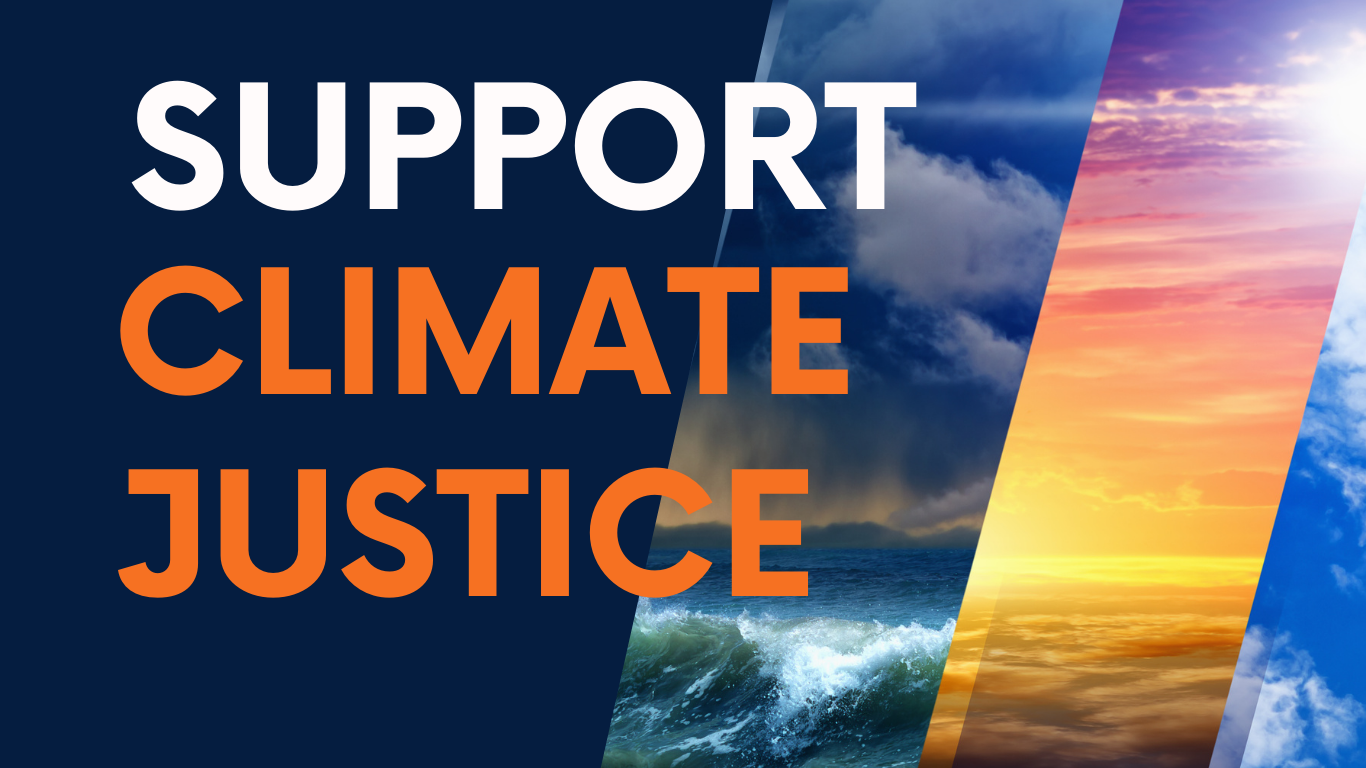Net Zero is the Economic opportunity of the 21st Century, UK Mission Zero Repot states
Technological advancement has always been the backbone of innovation. When new tech-charged products are created and rolled out in society mankind typically reach new heights. So it was with the steam engine and its usage within the industrial revolution – the agreed starting point of human cause of climate change. And incidentally, so it will be in the salvaging of our damaged biosphere, with a shift from our current mode of energy production to a new energy economy.
Now, why we argue that this transition should take place under a new global system, is because the current rules which control global economies intrinsically marginalize mass numbers of human beings. In many cases, countries in the global south are forced to look from the sidelines as advancement takes place in the so-called first world, and patiently wait until it’s their turn for innovation.
This modus operandi spells the recipe for the exclusion of nations most in need of adaptation and mitigation measures. All while first world economies are claiming to hit the targets of the Paris Agreement with goals they’ve set since the early 1990s.
Such is the case outlined in the UK’s Mission Zero Report.
“Net zero by 2050 is not an arbitrary target. It was put forward through the 2015 Paris Agreement, which 193 parties including the UK, endorsed. The Government’s independent climate advisors, in recommending net zero by 2050, described the target as:
“achievable with known technologies, alongside improvements in people’s lives, and within the expected economic cost that Parliament accepted when it legislated the existing 2050 target for an 80% reduction from 1990,” Conclusion 6 of the report states.
While this is great news, and applaudable, it shows the disparity in the availability of resources to achieve such targets between the UK and its former colonial holdings.
These financial benchmarkers were set when clean energy technology was still in its infancy phase. Now with a boom in clean energy solutions, the UK has determined that it would not only be financially possible under the already set targets but economically feasible to get ahead of the “race.”
“The opportunities these changes will bring are global and vast. The global market opportunity for UK businesses from net zero could be worth more than £1 trillion (in total cumulative revenue) in the period 2021 to 2030. By 2030 global exports for low-carbon goods and services could be worth £1.0 trillion – £1.8 trillion a year, seven to twelve times more than today. Global spending on electric vehicles (EVs) and charging infrastructure surged by 77% to $273 billion in 2021. Some estimates suggest net zero could generate an additional £330 billion in extra economic activity every year by 2030. For the UK, government estimates that the net zero transition could generate up to £100 billion of private investment and support up to 480,000 jobs by 2030.” The report states.
The current contribution of the UK to the global climate finance goal is a little over 13 billion pounds. A meager amount compared to the potential revenue from its economic forecasts. While shifting to clean energy is the goal of the world and we hope all countries can achieve this, looking at the transition from the standpoint of it being a “new global market” ripe for the taken is sort of “pirate-ish”.
So is the push behind the UK’s net-zero goal by 2050 based on the spirit of the Paris Agreement? Or just more of a good money move for the UK at this point?
And looking at this from the context of the UK as one the known major emitters of C02 emission traditionally – being one of the first nations to benefit vastly from the burning of fossils in industries that enriched them. Would it be ethically feasible to encourage such an opportunistic economic policy that will likely cost low-income developing countries? A cost that will be paid to the former colonial “master” of some of these nations?
An energy transition must occur, in the UK, across the world, and especially in the global south. Many low-income countries in fact already depend significantly on renewable technology for their energy needs. Achieving net zero is simply a life and death matter. Yeah, maybe not for us, but for the ones we leave behind.
The important ones.
Do you want to cut their time on Earth because of our actions and inactions?
Fairness in this matter – that is the reforming of the global energy system – is one that will hinge on leadership in governments, businesses, and technology that sees the importance of the vast distribution of technological innovation across all nations globally, equally, and with support to allow those most vulnerable nations to find their own solutions.
The seller-buyer approach being looked at as innovation is in truth a result of our current global system. Capitalism at its core. A system that teaches nations to hold the primacy of domestic economic benefit as a pillar of their activities. But only the major economies have been able to leverage this approach in a substantial way while developing countries lag behind, with key economic sectors more vulnerable than ever.
If anyone needs new industries, new jobs, or new technology to help them reshape their societies it is the countries in the global south. We argue for a new global system to govern this transition because if the status quo persists, only those who can afford to go to net-zero, will.







